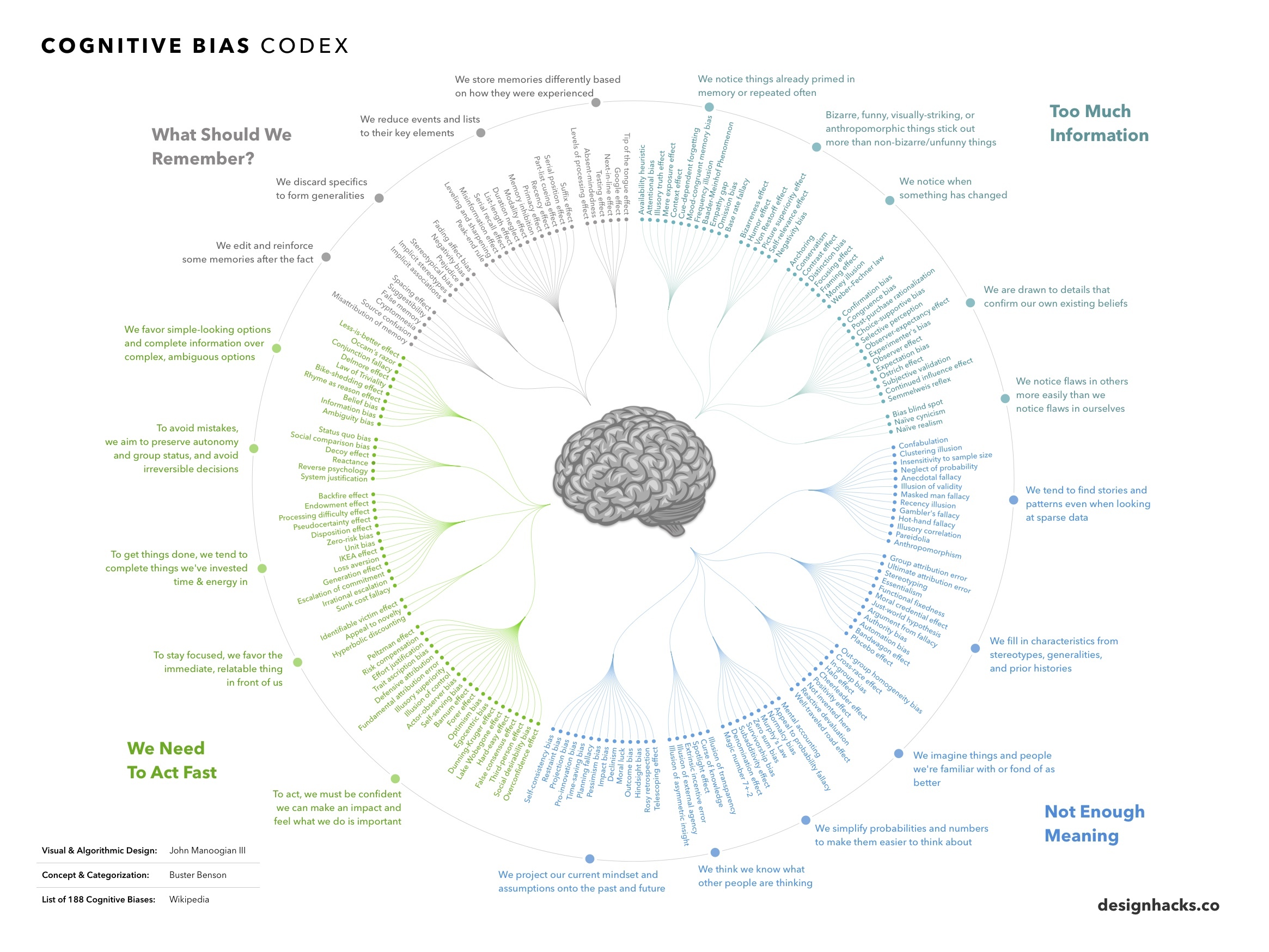Finally some proof that if things happen slowly, we’re less likely to notice them. It’s called the shifting baseline syndrome, AKA the boiled frog syndrome. This is one of the root causes of many of the issues which society faces today. Previously known as humans’ innate adaptability, what allowed us as a species to dominate the planet is now proving to be a double-edged sword.
It’s interesting how even common sense has to be scientifically proven. It results in our acceptance of current conditions as normal. In fact, the “new normal” has a really short shelf life. Especially if we’re young.
This isn’t a new phenomenon either, it’s a basic human trait. The only point at which someone will notice creeping changes is when they have become old enough to notice how big the slow changes have become – and it helps that old people tend to be less likely to adapt their point of view. The Greek philosopher Socrates was one of the first ‘old’ people to go down on record complaining about how things have only got worse.
It is part of our evolutionary make-up and this adaptability protected us when we lived as hunter-gatherers, but it serves us badly now in times when environmental degradation has reached the levels that it has today.
For local issues, there may be no cure for this other than the doggedness of environmentalists, but on a global scale when we consider climate change, there is one clear indicator that we can keep tabs on, to prevent us falling back into the trap of shifting baseline syndrome: coral reefs. Society’s success in tackling global warming and climate change over the next few years will be written large in the news from the world’s coral reefs. I wrote more about it in this article below.
All the work here is only possible thanks to donations – please help via Patreon
![]()
More Resources
We humans…
have a tendency to think in particular ways that can lead to systematic deviation from rational judgment. Click to enlarge this infographic from designhacks.co of the primary 188 cognitive biases.

These tendencies usually arise from:
- Information processing shortcuts
- The limited processing ability of the brain
- Emotional and moral motivations
- Distortions in storing and retrieving memories
- Social influence

Coral Reefs
Coral reefs worldwide have been hit hard over the last few years, but they are far from lost. The survival of these amazing ecosystems will be the real test of whether humanity can get a grip on climate change. People don’t realise how our oceans dominate the planet. The oceans absorb 90% of the heat…



One reply on “Shifting Baseline Syndrome”
Interesting continuation of this topic https://theconversation.com/why-grandparents-should-talk-to-children-about-the-natural-world-of-their-youth-144807